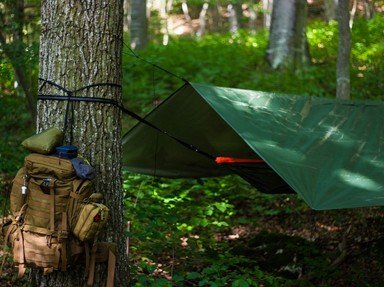Quiz Answer Key and Fun Facts
1. Your child is going outside to play in the snow. Which of the following should you NOT do?
2. Young children, like very old adults, are more susceptible to hypothermia. Which of these is NOT a reason for this?
3. True or false: It's possible to be allergic to the cold.
4. Over the past few years, emergency rooms have seen a higher incidence of head and neck injuries in the winter, especially among young people. Why is this?
5. It's a good idea to give a hypothermia victim a nice hot toddy (booze).
6. Which of these is NOT a symptom of hypothermia?
7. Which of the following should you NOT do when someone has superficial frostbite?
8. Which of the following holiday plants is poisonous?
9. Your kid decides to act out a scene from "A Christmas Story" and gets his tongue frozen to the metal flagpole outside. What should you do?
10. If your skin is cold and wet for a long time, you can get itchy red lesions when it's rewarmed. What are these called?
Source: Author
bullymom
This quiz was reviewed by FunTrivia editor
crisw before going online.
Any errors found in FunTrivia content are routinely corrected through our feedback system.

